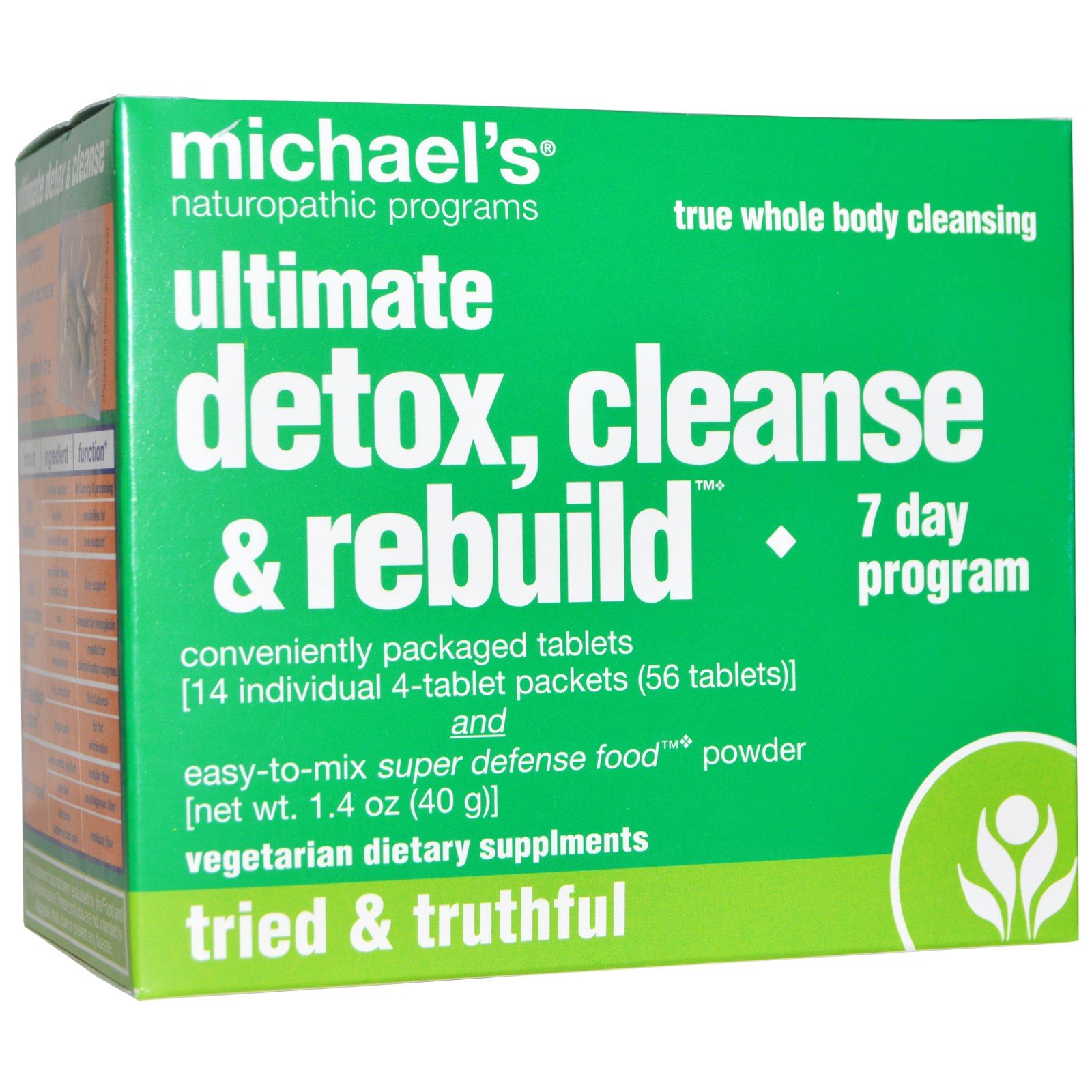Are skin-lightening glutathione injections safe and effective?
Naturopaths advertise injections claimed to lighten skin. Are these products safe and effective?

Detox: What “They” Don’t Want You To Know
Pseudoscientists HATE him! You won't BELIEVE what this pharmacist says about detox products!
No, the HPV vaccine does not cause promiscuity
Today’s post isn’t about the flu vaccine, but that vaccine played a part in bringing you today’s topic. It seems that this year’s vaccine is a mediocre match for the circulating strains of influenza, and I was one of the unlucky ones in whom it didn’t appear to provide much protection. After spending several days effectively bedridden, I still feel like I’m...
Homeopaths Threaten Public Health Selling Sugar Pills as Vaccine Alternatives
Alternative medicine is ascendant in Canada. From the dubious remedies that are now stocked by nearly every pharmacy, to the questionable “integrative” medicine at universities, there’s a serious move to embrace treatments and practices that are not backed by credible evidence. Canada’s support for alternative medicine, and for its “integration” into conventional health care is arguably is worse than many other countries....

Naturopathy vs. Science: Autism
Just when I thought I was out, they pull me back in. My blogging plan was to take a break from my series of naturopathy versus science posts, where I’ve been contrasting the advice from naturopaths against the scientific evidence. From a blogging perspective, naturopathy is a fascinating subject to scrutinize as there is seemingly no end of conditions for which naturopaths...

Naturopathy vs. Science: Fake Diseases
you consult with a naturopath, you could walk out diagnosed with something called Wilson’s Temperature Syndrome. But the naturopath would be wrong, because Wilson’s Temperature Syndrome is a fake disease. One of the hallmarks of alternative medicine is the “fake disease”. Fake diseases don’t actually exist – they are invented without any objective evidence showing that they are real. Fake diseases tend...
Lessons from the dubious rise and inevitable fall of green coffee beans
News this week that a randomized controlled trial of green coffee bean (GCB) has been officially retracted from the medical literature signals what is hopefully the end to one of the most questionable diet products to appear on the market in years. Plucked from obscurity and then subjected to bogus research, it’s now clear that the only people that actually benefited from...

Naturopathy vs. Science: Infertility Edition
This is another post in the naturopathy versus science series, where a naturopath’s advice is assessed against the scientific literature. It’s Naturopathic Medicine Week in the United States, so it’s time for another look at the alternative medicine practice that a friend of the blog likes to call the One Quackery to Rule them All. Naturopathy is an oddity among alternative medicine,...
If you don’t buy this supplement for your child, you’re a terrible parent
The supplement industry wants you to buy their products, and they’re not above using a little parental guilt to make you into a customer. In the photo above, the promoter is my local pharmacy, where the large window display caught my eye: Give your Child The Tools to SUCCEED in School! Who doesn’t want their child to succeed? And if you knew...
Side effects may include liver failure
“Safe and natural.” It’s a marketing phrase attached to dietary supplements that’s often accepted as self-evident. The marketing works. Supplements have a strong health halo. But evidence suggests that this reputation may be undeserved. Not only are there continued questions about whether most supplements have any health benefits whatsoever, there is also evidence that they can be harmful. We can’t even be...

